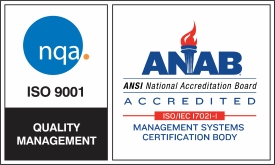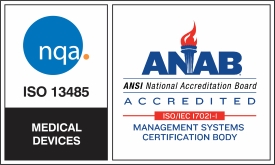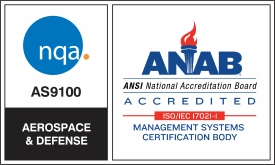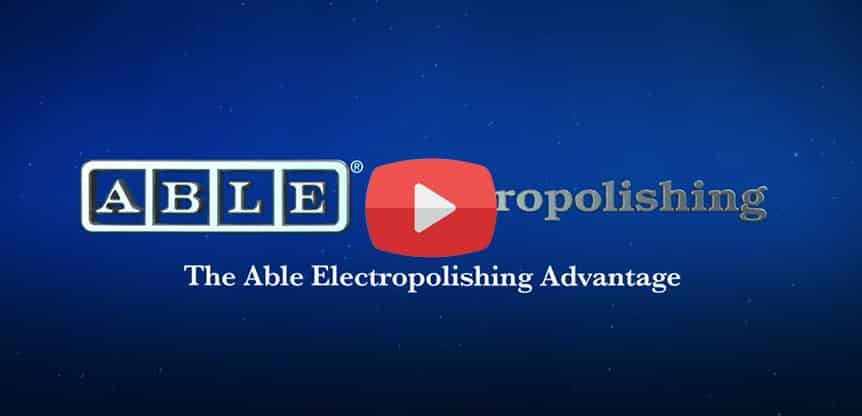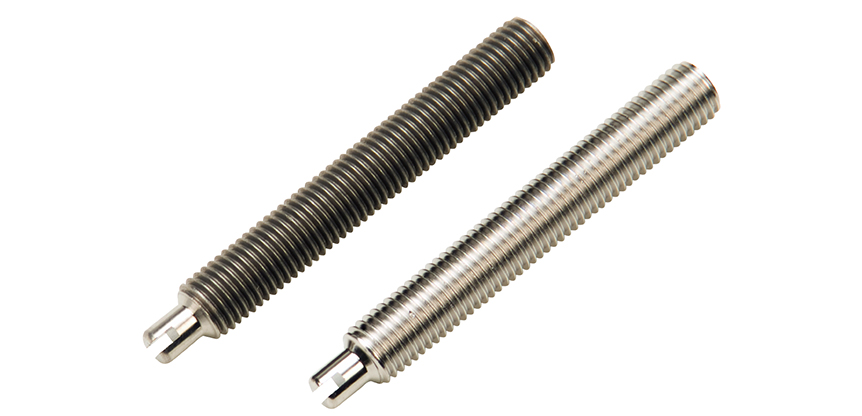%20(2).png?width=300&height=225&name=Untitled%20(300%20x%20225%20px)%20(2).png)
When you ask a question about electropolishing or passivation, you want a precise, trustworthy answer – not a vague guess or generic web result. That’s what our new AI assistant is built for: instant, expert-level responses powered by everything we’ve published on Able’s website.
In an age where so much AI content is scraped from random corners of the web, including forums like Reddit, you can’t settle for fluff.
As Brian Glass, CEO of Able Electropolishing, notes, “A huge percentage of AI content comes from Reddit. Don’t rely on general AI for your metal finishing questions – trust Able’s expert AI, built on deep knowledge of electropolishing and passivation.”
How Modern AI Agents Work: The Basics
Able’s AI assistant is built on the same architectural principles as leading “AI agent” systems – the kind that goes beyond static chatbots. These systems use a mix of:
- Query refinement: the user’s question is first analyzed, cleaned up, disambiguated, and rephrased so the underlying language model can better understand intent
- Retrieval-augmented generation (RAG): relevant source documents are fetched (in our case: Able’s technical pages, articles, case studies), and those are used as the context for generating a response
- Validation & filtering: the response is checked for confidence, factual consistency, and alignment with the source material to reduce ‘hallucinations’ (i.e. the model inventing things)
Other systems may simply brand a generic large language model, which risks more incorrect or low-quality answers pulled from a variety of potentially false sources. But a proper agent combines retrieval (document lookup) + generation + validation and domain-specific resources to boost both accuracy and relevance.
Why Domain-Specific AI Matters for Electropolishing
Avoiding Generic Noise
General-purpose AI tools often rely on broad internet data, which means they can draw from unreliable forums, user opinions, or outdated sources. In industrial processes like metal finishing, nuance matters: chemical concentrations, part geometry, operation conditions, and regulatory standards all play a role. A surface-level AI may misinterpret or oversimplify an answer.
By contrast, our AI is trained solely on Able’s mission-critical content (technical datasheets, process notes, FAQs, standards references). That means when you ask, you get answers grounded in our domain expertise, not Reddit threads.
Real-Time Updates
As we publish new insights, case studies, or standard updates, those become part of the knowledge base the AI draws from. So over time, the AI’s answers stay current with our evolving best practices.
Controlled Escalation
If a question is too ambiguous or falls outside the scope of our material, the system can prompt you for clarification or hand you off to a human expert.
What You Can Ask — and How It Works
Here are examples of how you might use the AI agent:
- Troubleshooting: “Why is my electropolishing finish not bright?”
- Comparative: “Should I choose passivation or electropolishing for stainless 316?”
- Compliance & standards: “Does this finish meet ASTM B912 requirements?”
Behind the scenes, the AI:
- Parses your question (resolves ambiguity, contextualizes)
- Retrieves matching content from our site that’s relevant
- Validates it (cross-checks for consistency)
- Generates an answer, weaving in that content
Able’s Commitment: Expert, Reliable Information
Don’t rely on general AI for your metal finishing questions. Able’s Zenon AI assistant helps you:
- Save time (no digging through multiple pages)
- Reduce errors (you get validated, domain-grounded responses)
- Stay current (as our content evolves, so does the AI)
 In a world saturated with generic AI noise, we wanted to provide a chatbot that doesn’t just “sound smart” but offers information that users can trust – something built from our own expertise in electropolishing. It’s no coincidence that our agent takes its name from Able’s founder, Zenon Pokvitis, who combined his knowledge of chemistry with WWII-era breakthroughs in engineering and production to start Able Electropolishing in 1954.
In a world saturated with generic AI noise, we wanted to provide a chatbot that doesn’t just “sound smart” but offers information that users can trust – something built from our own expertise in electropolishing. It’s no coincidence that our agent takes its name from Able’s founder, Zenon Pokvitis, who combined his knowledge of chemistry with WWII-era breakthroughs in engineering and production to start Able Electropolishing in 1954.
Zenon, the man – not the AI agent – oversaw the business through two generations of his family and established the spirit of innovation and excellence that continues today. We are proud to commemorate our newest innovation in his name and memory.
Start chatting today – or reach out to one of our humans to learn more.
